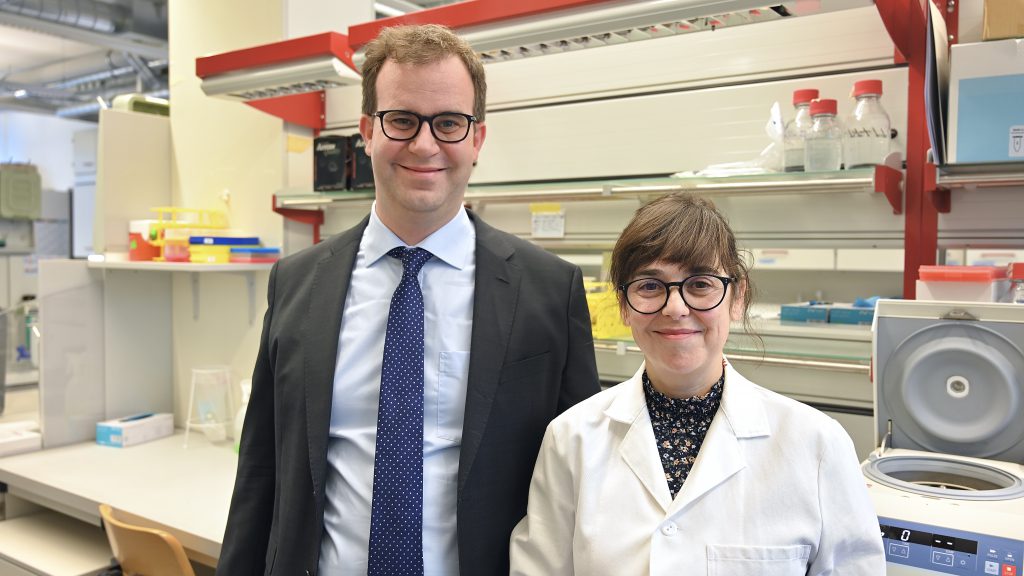Another success for the Kaan Boztug Group: two FWF Stand Alone projects approved!
(Vienna, 19.01.2023) Congratulations to Kaan Boztug and Irinka Castanon on two new Stand Alone projects funded by the Austrian Science Fund FWF on the topic of rare diseases of the immune system. Both projects aim not only to provide concrete help to those affected, but also to uncover the precise mechanisms of immune deficiencies.
Lost in Translation – Finding the causes of translation errors
In the “Lost in Translation” project, a specific subset of non-ribosomal proteins are being characterized in detail to unravel their regulatory roles on ribosome function under both normal and pathological conditions. Ribosomes are complex cell factories that translate coding RNA to produce proteins, and their dysregulation can lead to serious rare immune diseases. Deciphering the function of these non-ribosomal proteins in ribosome biology will help to provide new strategies for the diagnosis, prevention, and treatment of ribosome-associated immune diseases.
Dissecting the regulation of non-coding RNA in human immune function and disease
The second project is investigating how RNA-binding proteins regulate non-coding RNA, which do not translate into proteins, in both physiological settings as well as in patients suffering from inherited defects of the immune system. By precisely describing the genetic and molecular pathways that govern RNA-binding proteins, new cellular processes that contribute to immune deficiency can be identified.

Projects:
- Lost in Translation – Molecular appraisal of rare ribosomopathies to expand our knowledge of ribosome biology
CCRI responsible Principal Investigator: Kaan Boztug
Grant from the Austrian Science Fund (FWF), Stand Alone Programme, ID – P 36548
Duration: 01/02/2023 to 31/01/2026
- Molecular mechanism of non-coding RNA dysregulation in human immune disease
CCRI responsible project leader: Irinka Castanon (Kaan Boztug group)
Grant from the Austrian Science Fund (FWF), Stand Alone Programme, ID – P 36334
Duration: 01/02/2023 to 31/01/2026
About the research group: